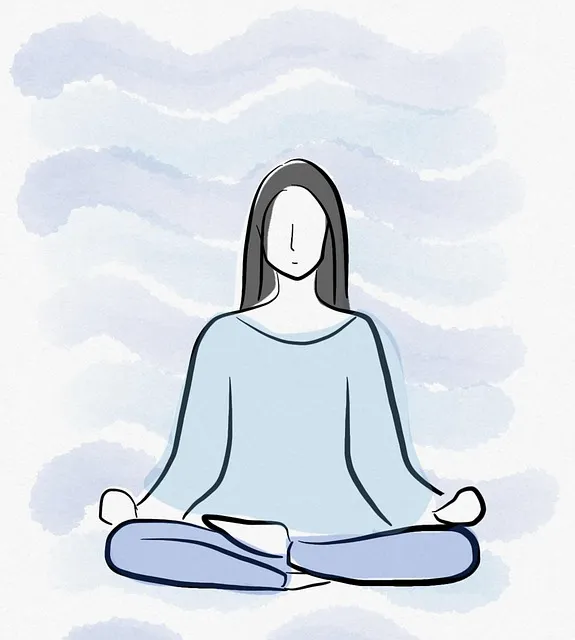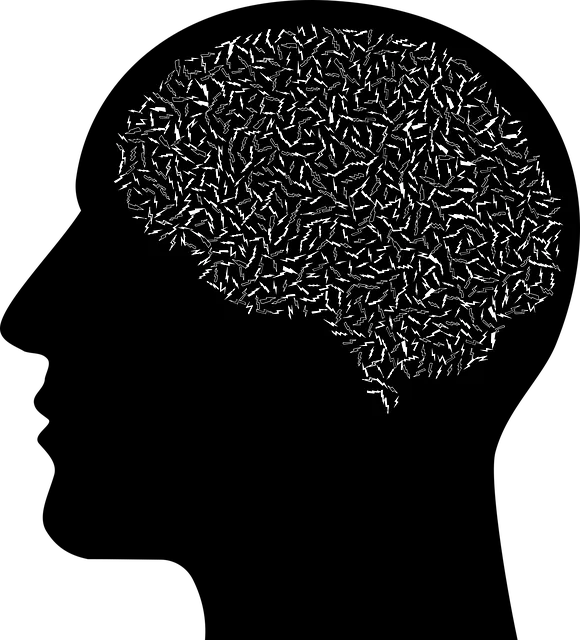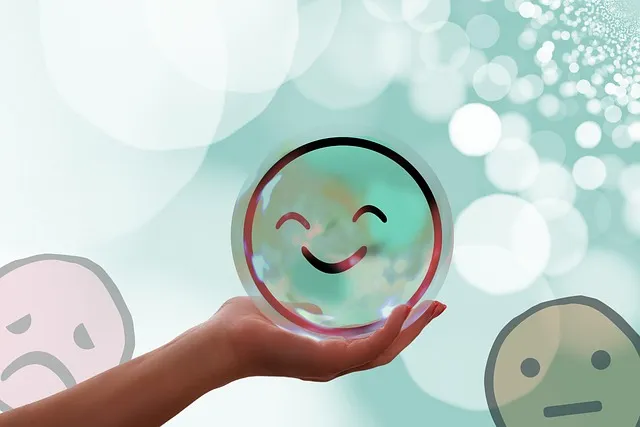Understanding your mental wellness needs is key to creating a meaningful self-care routine. With guidance from the Superior Kaiser Permanente mental health center, assess your current state, factor in trauma support services, and cultivate resilience through activities like mindfulness, journaling, and nature walks. Integrate self-care into daily life with small, consistent changes, enhance relationships with Emotional Intelligence techniques, and track progress to refine your routine for long-term emotional well-being.
“Unwind, rejuvenate, and unlock your mental wellness potential with this comprehensive guide. At the superior Kaiser Permanente mental health center, we emphasize the power of self-care routines in fostering resilience and overall well-being. This article navigates the essential steps to create a personalized mental health routine. From assessing your unique needs to exploring mindfulness practices and integrating them into daily life, you’ll discover strategies for consistency. Learn how tracking progress enables adjustments, ensuring your routine evolves with your changing mental wellness landscape.”
- Understanding Your Mental Wellness Needs: Assessing Your Current State
- Building Blocks of a Self-Care Routine: Practices and Activities for Mindfulness and Relaxation
- Integrating Self-Care into Daily Life: Strategies for Consistency and Sustainability
- Tracking Progress and Adjusting: The Role of Reflection in Optimizing Your Mental Wellness Routine
Understanding Your Mental Wellness Needs: Assessing Your Current State

Understanding your mental wellness needs is a crucial step in developing a self-care routine that truly supports your well-being. Assessing your current state involves taking inventory of both your strengths and challenges. If you’re currently under the care of a superior Kaiser Permanente mental health center, leverage their resources to conduct a thorough risk assessment for mental health professionals. This can provide insights into areas where you may require additional support or intervention.
Trauma support services are an important aspect to consider, as they play a significant role in managing and overcoming past traumatic experiences that might be impacting your current mental state. By understanding these factors, you’re better equipped to incorporate effective self-care practices tailored to your specific needs. This process will help ensure that your routine fosters resilience, promotes healing, and enhances overall mental wellness.
Building Blocks of a Self-Care Routine: Practices and Activities for Mindfulness and Relaxation

Building a robust self-care routine is a powerful tool for enhancing mental wellness, and the practices one chooses can significantly impact their overall well-being. The foundation of such a routine lies in cultivating mindfulness and finding moments of calm amidst life’s busyness. At the Superior Kaiser Permanente mental health center, experts emphasize that this journey begins with understanding and embracing various self-care activities tailored to individual needs.
Mindfulness practices like meditation, deep breathing exercises, and yoga are excellent ways to anchor oneself in the present moment, reducing stress and anxiety. Engaging in creative outlets, such as journaling or painting, can offer a sense of tranquility and self-expression. Additionally, connecting with nature through walks or gardening provides a calming experience. The key is to explore different activities, incorporating them into one’s daily or weekly schedule, and seeking the guidance of a healthcare provider (like those offering Cultural Competency Training) for personalized Crisis Intervention strategies.
Integrating Self-Care into Daily Life: Strategies for Consistency and Sustainability

Integrating self-care into daily life is a key aspect of maintaining and improving mental wellness, especially when supported by resources from leading mental health centers like the Superior Kaiser Permanente center. Consistency and sustainability are achieved through small, incremental changes that become habitual over time. One effective strategy is to allocate dedicated time each day for activities that nurture emotional well-being, such as mindfulness exercises, journaling, or even a short walk in nature. These practices not only reduce stress but also enhance emotional intelligence by promoting self-awareness and regulation.
Additionally, incorporating self-care into daily routines can be facilitated by leveraging Emotional Intelligence (EQ) techniques. For instance, practicing active listening during conversations and setting healthy boundaries can foster positive relationships, further contributing to mental wellness. Trauma Support Services offered by comprehensive mental health centers also play a crucial role in helping individuals process past experiences and develop resilient coping mechanisms. By combining these approaches, individuals can build a robust self-care routine that supports their emotional well-being in the long term.
Tracking Progress and Adjusting: The Role of Reflection in Optimizing Your Mental Wellness Routine

Tracking your progress is an essential part of refining your self-care routine and nurturing your mental wellness. Regular reflection allows you to identify what’s working and what needs adjustment, much like a gardener pruning a plant for optimal growth. At the Superior Kaiser Permanente mental health center, professionals emphasize the power of self-reflection in enhancing mental health practices.
By setting specific goals and regularly evaluating your well-being, you can tailor your routine effectively. For instance, if you’ve incorporated compassion cultivation practices to manage anxiety relief and notice improvements, continue refining these techniques. Conversely, if certain activities aren’t yielding positive outcomes, consider a risk assessment for mental health professionals to identify potential challenges and make informed adjustments to your self-care regimen.
Developing a personalized mental wellness self-care routine is a powerful tool for enhancing your overall well-being, as evidenced by the comprehensive practices offered at the superior Kaiser Permanente mental health center. By understanding your unique needs, assessing your current state, and integrating sustainable strategies into daily life, you can create a balanced routine that promotes mindfulness, relaxation, and long-term mental resilience. Regular reflection and adjustments are key to optimizing your mental wellness journey, ensuring you stay on track towards a happier, healthier you.


